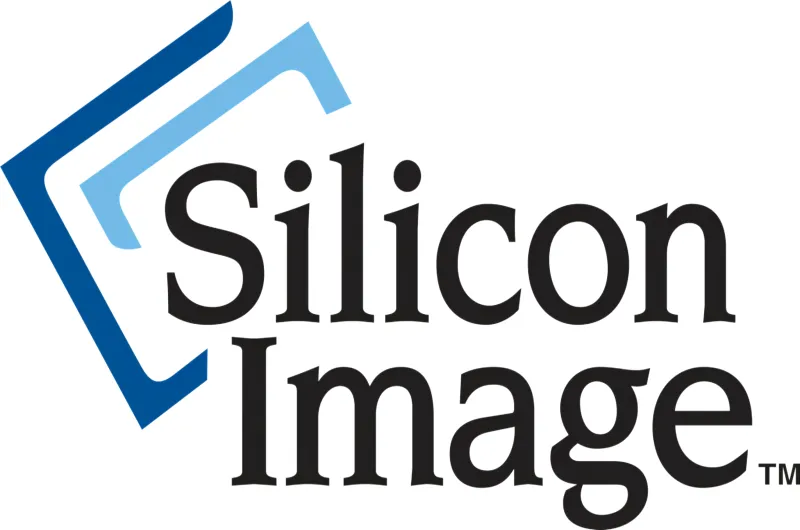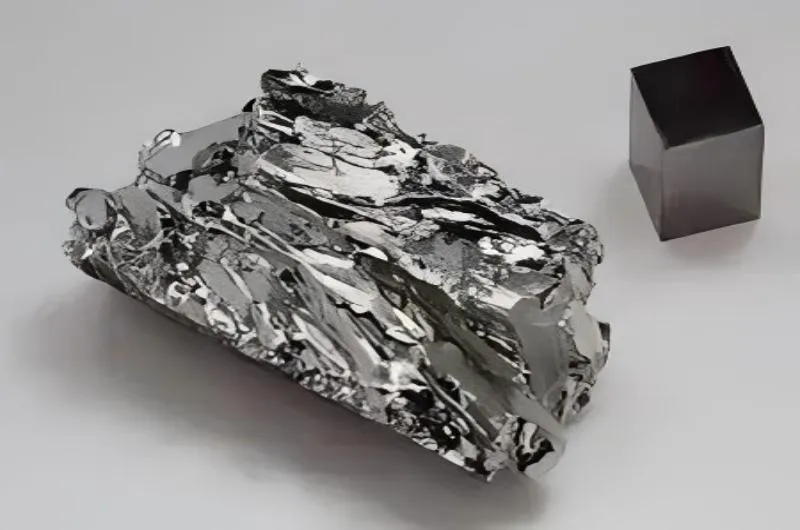BY  GENN
GENN
2024/07
Blog
What Does Silicon Do To Your Body?
Natural Occurrence of Silicon in the Body
Silicon, a remarkable chemical element, is not only abundantly present in nature but also plays a crucial role within the human body. In physiological terms, silicon is naturally found in various tissues and fluids, with concentrations highest in connective tissues such as bones, tendons, and cartilage. It is worth noting that silicon is one of the most abundant trace elements in the human body after iron and zinc.
The skeletal system, comprising bones and cartilage structures, particularly benefits from silicon’s presence. Studies have shown that silicon contributes to the formation of collagen—the primary protein responsible for bone strength and flexibility. Furthermore, this element’s involvement in bone mineralization is crucial for maintaining bone density and integrity. Silicon’s natural occurrence within these supportive structures underscores its indispensable role in ensuring physical stability and mobility.
Beyond its structural implications, silicon plays a multifaceted role in preserving optimal health and well-being. From promoting healthy skin elasticity to supporting cardiovascular function, this versatile element showcases its versatility across various physiological systems.
In addition to its contributions to connective tissue integrity, silicon has been linked to enhancing immune responses and aiding cellular repair processes.
Bone Health and Strength
Silicon plays a crucial role in maintaining bone health and strength by aiding in collagen production, which is essential for bone formation. Collagen is the primary protein that provides structure and support to bones, making them strong and resilient. Silicon acts as a cofactor for enzymes involved in collagen synthesis, helping to ensure the proper formation and mineralization of bones.
Studies have shown that silicon deficiency can lead to decreased collagen production, resulting in weakened bones that are more prone to fractures. Research has indicated a positive correlation between silicon intake and improved bone density.
A study published in the Journal of Bone Mineral Research found that postmenopausal women who supplemented with silicon experienced a significant increase in bone mineral density compared to those who did not take silicon supplements. This suggests that adequate silicon levels may contribute to maintaining optimal bone mass and reducing the risk of osteoporosis.
Ensuring an adequate intake of dietary sources rich in silicon, such as whole grains, fruits, and vegetables, can help support optimal collagen production for bone health. Incorporating these foods into your diet can provide the necessary building blocks for maintaining strong and healthy bones throughout life.
Skin, Hair, and Nail Health
Silicon’s benefits extend beyond bone health to include promoting skin elasticity and firmness. Silicon helps maintain the structural integrity of the skin by stimulating collagen synthesis and supporting connective tissue function.
This contributes to smoother skin texture, reduced fine lines, and overall improved skin quality. Additionally, silicon aids in protecting against oxidative stress by enhancing antioxidant defense mechanisms within the skin cells.
Furthermore, silicon has been shown to play a significant role in promoting healthy hair growth and strengthening nails. Silicon-rich foods or supplements can help improve hair thickness and shine while reducing brittleness.
The presence of adequate silicon levels facilitates proper nutrient delivery to hair follicles, supporting optimal growth patterns. Similarly, nails benefit from silicon’s ability to enhance nail plate strength and reduce susceptibility to breakage or splitting.
Including sources of silicon in your daily diet can help nourish not only your bones but also your skin, hair, and nails from within. By harnessing the benefits of this essential mineral, you can support overall wellness while enhancing the appearance of these visible signs of health.
Plant-Based Sources Rich in Silicon
Silicon, a vital trace mineral for human health, can be naturally found in a variety of plant-based sources. Whole grains stand out as excellent sources of silicon, with oats and barley leading the pack.
Oats not only provide a good dose of silicon but also offer fiber and other essential nutrients. Barley, known for its nutty flavor and chewy texture, is another silicon-rich whole grain that can be incorporated into various dishes like soups, salads, and side dishes.
Fruits
Fruits are not only nature’s sweet treats but also valuable sources of silicon. Bananas, beloved for their convenient packaging and potassium content, also contain notable amounts of silicon. Apples, one of the most widely consumed fruits globally, are not far behind in their silicon content.
Cherries add a burst of flavor to dishes while contributing to your silicon intake. These fruits can be enjoyed on their own or added to smoothies, salads, or desserts to increase your daily silicon intake.
Vegetables
When it comes to vegetables rich in silicon content, green beans are among the top contenders. These crunchy legumes not only provide fiber but also deliver a good amount of silicon for overall health benefits. Spinach is another powerhouse vegetable packed with various nutrients including iron and calcium along with a decent supply of silicon.
Carrots add vibrant color to meals while offering an array of health benefits including being a good source of dietary silicon. Incorporating these vegetables into your diet can help ensure an adequate intake of silicon for optimal well-being.
Silicon Deficiency
Silicon deficiency can manifest in various ways within the human body, often leading to noticeable symptoms that can impact overall health and well-being. One primary symptom of silicon deficiency is the loss of bone density, which can contribute to conditions such as osteoporosis.
This essential mineral plays a crucial role in supporting bone health by aiding in collagen production, necessary for bone strength and flexibility. Without an adequate supply of silicon, bones may become weaker and more prone to fractures, ultimately increasing the risk of developing osteoporosis.
Loss of Bone Density Leading to Osteoporosis
Osteoporosis is a progressive condition characterized by decreased bone density and increased fragility, making bones more susceptible to fractures. Studies have shown a direct link between silicon deficiency and the development of osteoporosis due to its vital role in maintaining bone mineral density.
Without sufficient silicon levels, the body may struggle to effectively utilize calcium and other minerals essential for bone strength. Over time, this imbalance can lead to significant loss of bone mass, ultimately culminating in osteoporosis if left untreated or unaddressed.
Weakened Hair and Nails
In addition to its impact on bone health, silicon deficiency can also manifest externally through weakened hair and nails. Silicon plays a crucial role in supporting the structural integrity of hair follicles and nail beds. A lack of silicon can result in brittle nails that are prone to chipping or breaking easily, as well as dull, lackluster hair that is more susceptible to damage and thinning.
These visible signs serve as indicators of underlying nutrient deficiencies within the body, emphasizing the importance of maintaining optimal silicon levels for overall health. Continued long-term silicon deficiency can have lasting consequences on multiple aspects of health beyond just bones, hair, and nails.
The cumulative effects may extend to other bodily systems that rely on silicon for optimal function. Addressing silicon deficiency through dietary changes or supplementation is crucial not only for mitigating current symptoms but also for preventing potential complications associated with prolonged insufficiency over time.
Silicon Supplements
Types of Silicon Supplements Available
When considering silicon supplementation, individuals often encounter two main types of supplements: organic silica supplements and silicon dioxide supplements. Organic silica supplements are derived from natural sources such as horsetail herb or bamboo extract. These supplements typically contain a form of silica that is considered more bioavailable and easily assimilated by the body.
On the other hand, silicon dioxide supplements, also known as silica gel or colloidal silica, are synthetic forms of silicon commonly found in over-the-counter supplements. While both types aim to provide the body with additional silicon, the choice between them may depend on personal preferences and specific health goals.
Recommended Dosage for Silicon Supplementation
The recommended dosage for silicon supplementation can vary depending on individual health needs and the specific supplement being used. Generally, experts suggest a daily intake ranging from 5 to 30 milligrams of silicon for adults.
It is important to follow the guidelines provided by healthcare professionals or the product label to avoid potential complications from inadequate or excessive intake. The body does not store large amounts of silicon, so consistent daily intake may be necessary to maintain optimal levels in the body.
Potential Side Effects or Risks Associated with Excessive Silicon Intake
While silicon is generally considered safe when consumed within recommended levels, excessive intake of silicon supplements may lead to adverse effects. Some individuals may experience gastrointestinal issues such as diarrhea or stomach discomfort with high doses of silicon supplementation.
Furthermore, prolonged excessive intake of silicone could potentially contribute to kidney stones or kidney damage in susceptible individuals. It is crucial to consult with a healthcare provider before starting any new supplement regimen, especially if there are pre-existing health conditions or concerns about potential interactions with medications.










